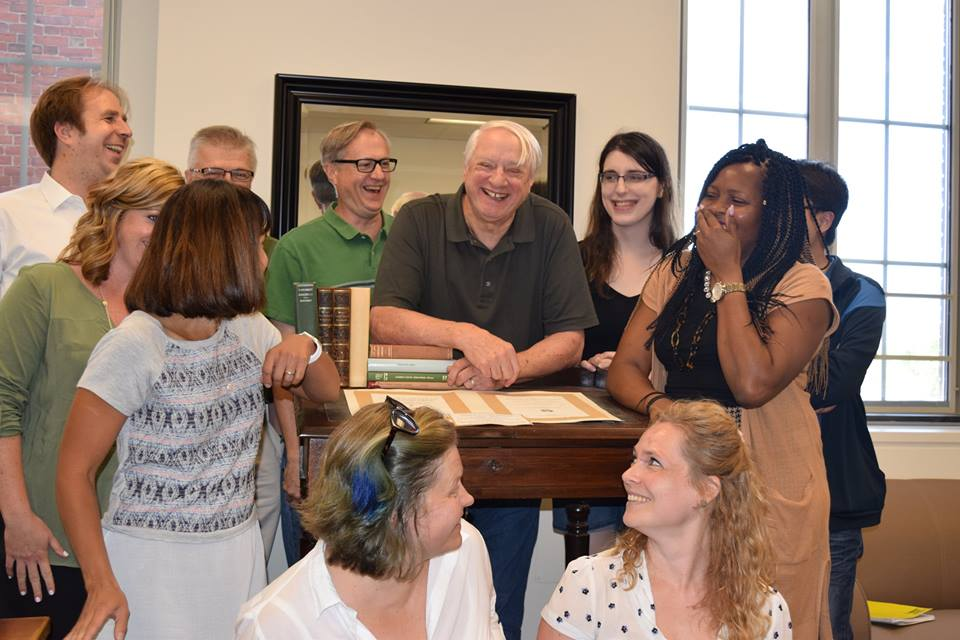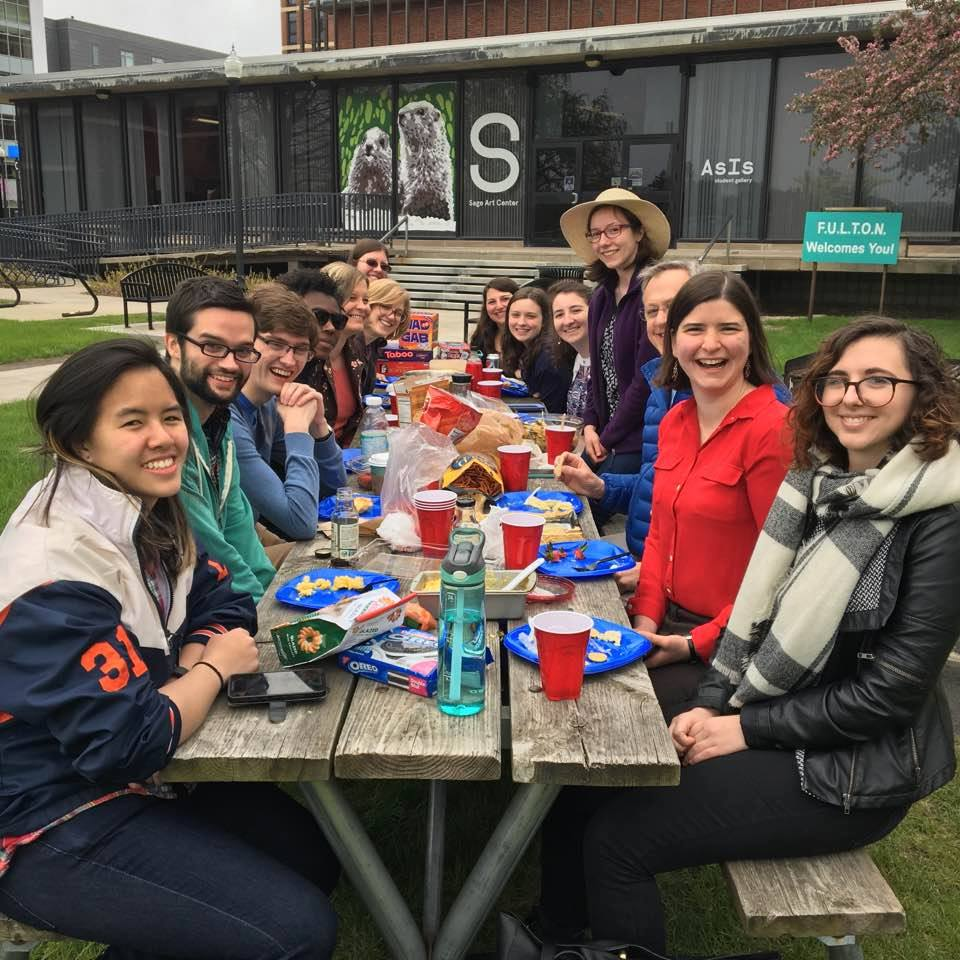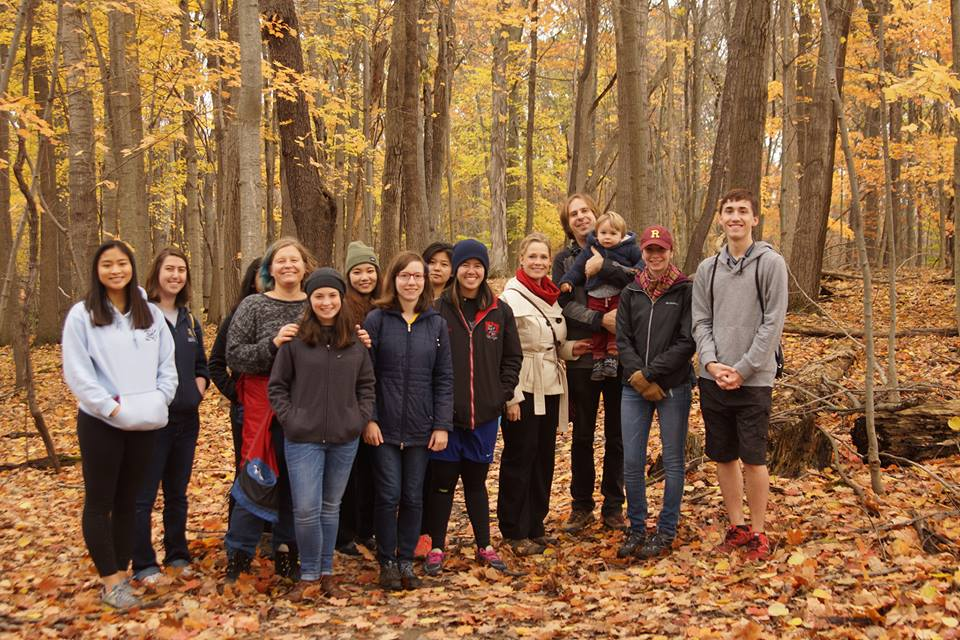by Sara Kowalski, Class of 2017, Humanities Fellow
In high school, I once heard linguistics referred to as “the most human of the sciences and the most scientific of the humanities,” and I said “I want to do that.”
I immediately started looking for colleges with strong linguistics programs. Long story short, I found Rochester!
Here at Rochester, linguistics is considered a social science and not part of the humanities, which makes sense. It’s just that the catchy phrase above just wouldn’t have been nearly as catchy if it said “linguistics is the most social of the sciences and the most scientific of the socials.” That being said, linguistics is a humanistic social science and, like history and anthropology, it is welcome under the umbrella of the Humanities Center here at Rochester, if not in the curriculum.
Linguistics is the study of language and its many layers, which are, in simple terms:
- Phonetics: the study of language sounds
- Phonology: the study of language sound rules
- Morphology: the study of the construction of words
- Syntax: the study of the construction of phrases and sentences
- Semantics: the study of meaning
- Pragmatics: the study of meaning in context
- Socio-linguistics: the intersection of language and culture
- Psycho-linguistics: the intersection of language and cognition
And, there you have it—you just passed Linguistics 101! Just kidding—there is no linguistics 101 at Rochester, but there is LIN 102: Language and Social Identity, LIN 103: Language and Sexuality, LIN 104: Language and Culture, and LIN 105: Language and Advertising. And all of these would be a great place to get started!
Then, you should take LIN 110 to get a great overview of all things linguistics. Not to mention it’s a prerequisite for most upper-level linguistics courses. It is the cornerstone of the (very flexible) linguistics major (check out the suggested tracks or make your own!
The faculty in the department are very approachable, each an expert at the cutting edge of their field, each immersed in research, and they’re open to working with undergraduate researchers!
You can connect with professors in and out of class by attending the semesterly department hikes, organized by the Linguistics Undergraduate Council, and the monthly department lunches organized by the Linguistics Peer Adviser. The department is small, but growing, which means the atmosphere is supportive and passionate and there’s a strong sense of community. The department even has their own (student-designed) t-shirts!
So definitely consider a linguistics major, minor, or cluster here at Rochester!




